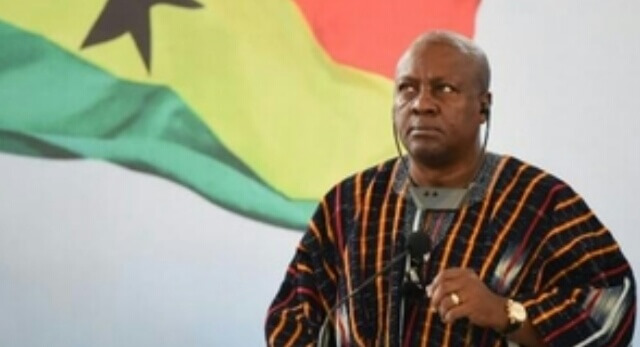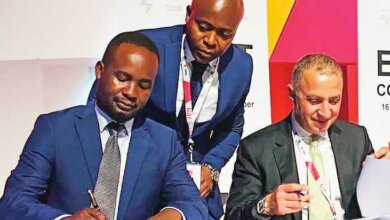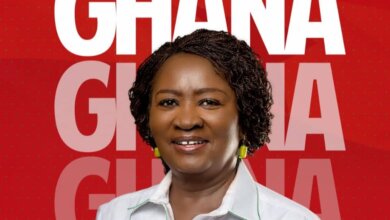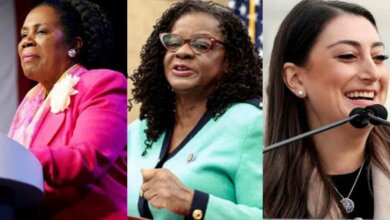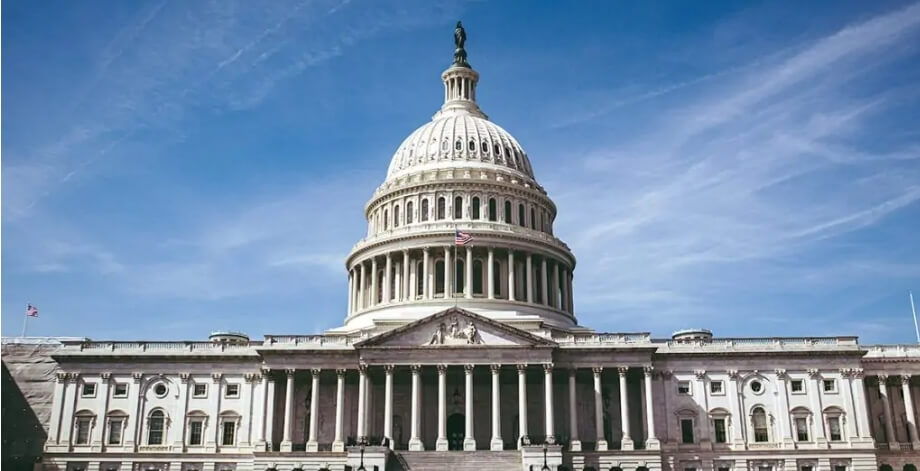
The shifting demographics of the United States are creating more impetus to field political candidates of color — including newer Americans.
Democrats have been better at promoting racial and ethnic minorities, he says, though, as Politico reported in July, the party establishment years ago had to be prodded to accept Black candidates outside of heavily Black districts.
“Well, it’s been a priority for both parties, including the Republican Party, for a long time,” said Alex Conant, a Washington-based Republican strategist who served as press secretary for his party’s national committee in 2008.

Republicans likely will “try even harder in the future,” Conant said. “We’re a big, diverse country. If you’re going to win elections, it helps to come from communities or represent communities that are casting the votes. And that includes recruiting more Black candidates.”
But how do aspiring politicians of color — especially those who are relative newcomers to America — get onto a ballot?
Candidate training is essential, says Naquetta Ricks, who is among at least a score of first- and second-generation Americans from Africa seeking elective offices — from local boards and city councils to the U.S. Senate.

Ricks is running for a seat in Colorado’s House of Representatives. She received guidance from several organizations, including New American Leaders, which is nonpartisan, and Emerge, which prepares women to run as Democrats.
“So they taught us how to raise money, how to present yourself, how to come up with your stump speech,” Ricks said. “And all of these things are important so that when you’re out there, you’re taken seriously, and people are listening.”

Ricks was a girl when she and her family fled a violent military coup in Liberia. A small-business owner, single mother and immigrant, she wants to amplify voices from her district, which includes the Denver suburb of Aurora.
“It is a very diverse community,” she said. “One out of every five persons will say that they are from another country, whether you are from China or Burma or South America or Africa. We’re from everywhere.”
Campaign workers need guidance, too, says Davisha Johnson. Four years ago, she opened a boutique consulting agency near Atlanta, Georgia. It’s in Gwinnett County, where the populations of Blacks and immigrants — including of Africans — have surged since the 1990s.
“So I realized I needed to create a pipeline for them to be able to get trained, educated,” she said of prospective candidates.
To learn how to run a campaign, Johnson signed up for “a lot of different political training. …And then I got a lot of first-hand experience.” She has helped boost a handful of candidates into public offices, from county commission to the Georgia Superior Court to statehouses in Georgia and Tennessee.
‘It can be done’
Candidates who are relatively new to the U.S. face extra hurdles in campaigning.
“You have to be able to raise a lot of money,” said Conant, the Republican strategist. “And I think first-generation immigrants might not have a network of donors that somebody who is more established might have.
“Similarly, they might just not be as well known. They haven’t lived in the U.S. as long” and might not be as well connected as their competitors, he said.
“However, we do see a lot of first-generation immigrants running for office and winning office,” Conant said. “…So definitely it can be done, even if it is a bit of an uphill fight.”
Candidates with ties to the African continent can tap into the diaspora, Johnson says.
“One of the huge strengths of Africans is they have people power,” she said. “The No. 1 thing, outside of money, is that you have to have support. People back home are saying, ‘Hey, I have a cousin in Maryland. I have people in Texas.’ Now you have people for these phone banks. You have people to do text message banks. You have people to get out to the polls on Election Day.”
Yet significant obstacles remain.
The coronavirus pandemic has curtailed campaigning for all candidates, a challenge especially for first-time contenders trying to introduce themselves to prospective voters.
Also, across the country, candidates of color “are still battling lingering effects of systemic racism — including skewed perceptions of ‘viability,’ tougher fundraising and some hesitation from the party establishment,” Politico reported in July.
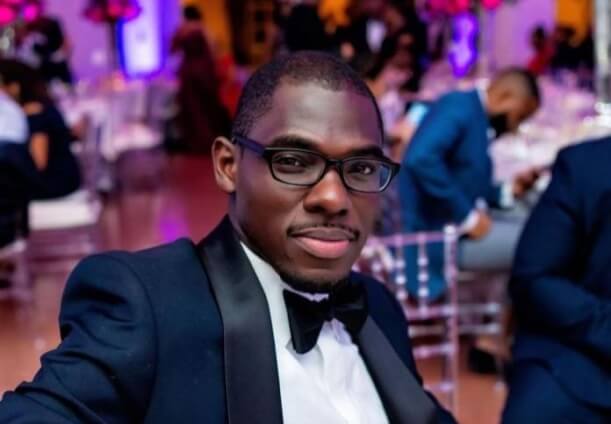
But this election cycle also has brought heightened awareness of racial inequality, which Kojo Asamoa-Caesar says has benefited his campaign to unseat Republican incumbent Kevin Hern as one of Oklahoma’s representatives in Congress.
‘People rallied behind us’
Widespread demonstrations following the death of George Floyd, a Black man fatally injured during a police arrest in Minneapolis, Minnesota, in May, “coincided with a lot of energy in our campaign … coming mostly from white women. And so those people rallied behind us, and we were able to win the primary.”
Asamoa-Caesar, an educator born in the United States to parents from Ghana, is the first Black Democrat and Ghanaian American to be nominated from his district. It includes the city of Tulsa, which is re-examining its history of a 1921 massacre of African American residents.
No matter what happens this Election Day, the experience of seeking office can be instructive for any future campaign.
“Look,” strategist Conant said, “anyone who’s considering running should run. The only way you get better at being a candidate is by running.”
VOA Africa Division contributors include Ayen Bior, James Butty, Peter Clottey, Esther Githui Ewart, Carol Guensburg, Sahra Eidle Nur and Venuste Nshimiyimana.
Written by Carol Guensburg
Oral Ofori is Founder and Publisher at www.TheAfricanDream.net, a digital storyteller and producer, and also an information and research consultant.

